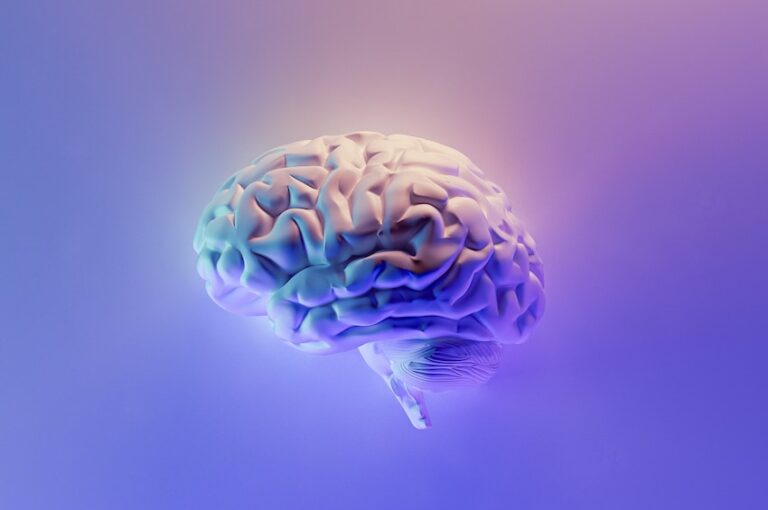
Neflamapimod May Be 1st Dementia with Lewy Bodies Drug
“It is exciting to see efficacy of potential new drugs for Dementia with Lewy Bodies, the most common dementia after Alzheimer’s. It is a huge area of unmet need,” said Dr. Marwan Sabbagh.

“It is exciting to see efficacy of potential new drugs for Dementia with Lewy Bodies, the most common dementia after Alzheimer’s. It is a huge area of unmet need,” said Dr. Marwan Sabbagh.
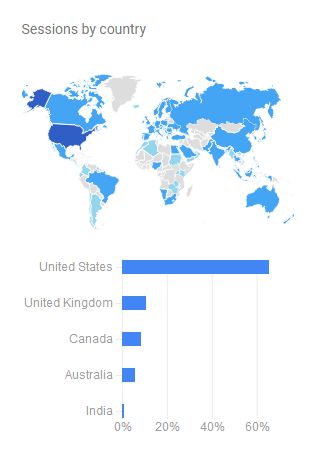
Deliver your message to a highly-targeted audience on aw5.alzheimersweekly.com and in the Alzheimer’s & Dementia Weekly Newsletter.
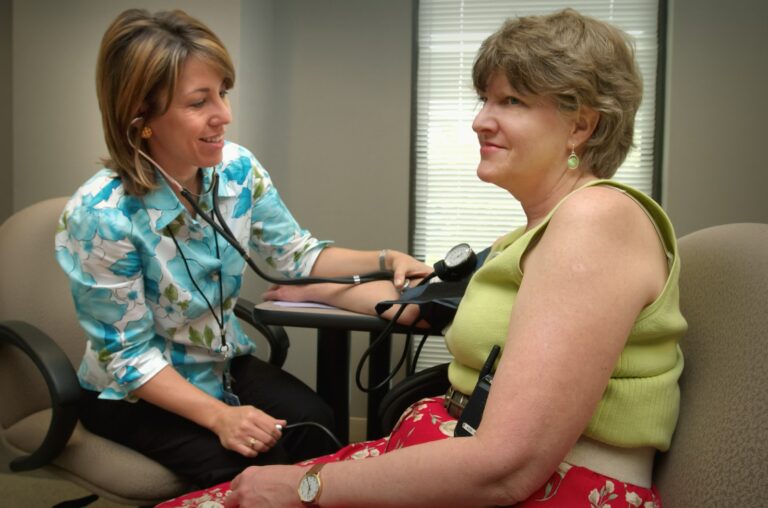
Vascular dementia is a common dementia, often brought on by stroke. Check out strategies to prevent stroke in women.
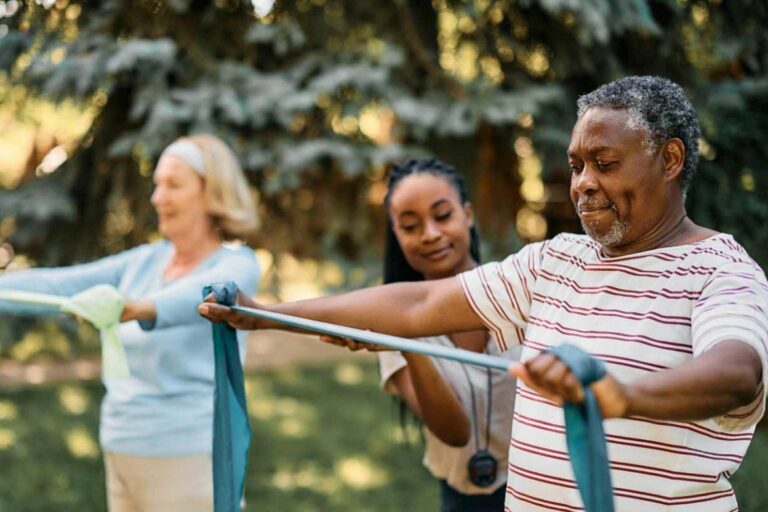
172 participants showed a personalized health and lifestyle coach can delay or even prevent memory loss.
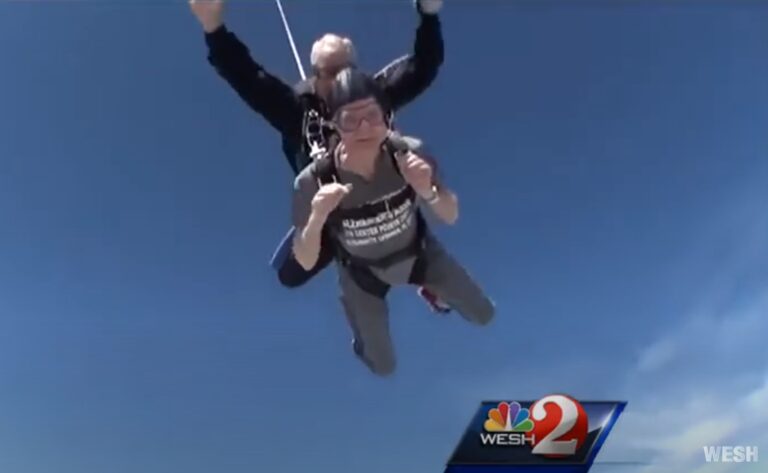
VIDEO + TRANSCRIPT: See what a 99-year-old Florida man, jumping from a plane, has to say about Alzheimer’s research.
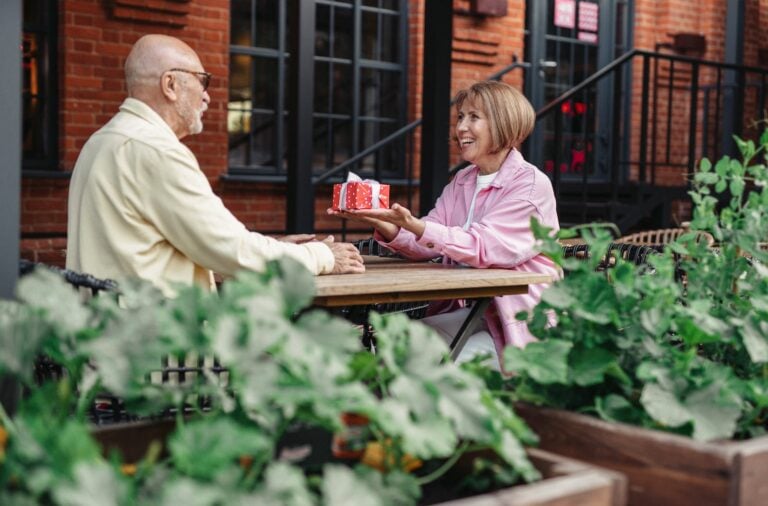
DEMENTIA GIFT IDEAS: People with Alzheimer’s may lose abilities, but feelings still matter. What once wasn’t much of a gift, may now be a great one. What were nice presents may no longer be right. See these thoughtful suggestions.
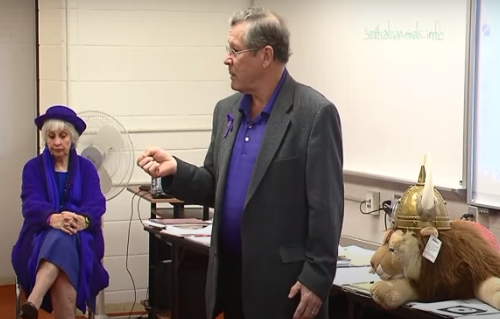
Scott Russell is living well with his Alzheimer’s. See how he has stayed active in his community, even starting a manageable home business.
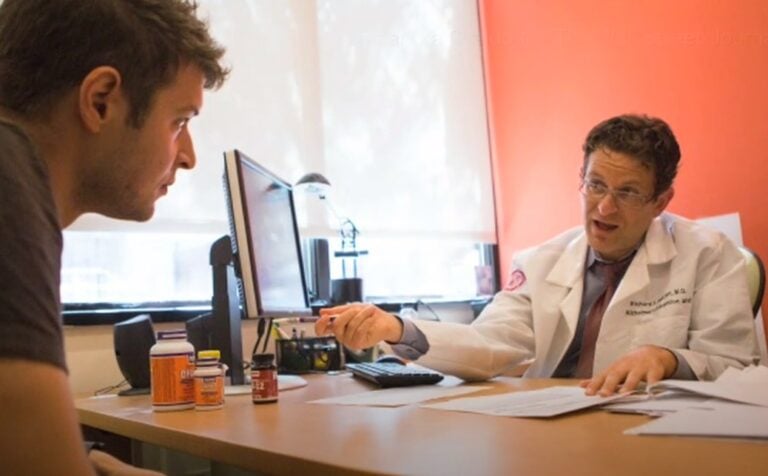
Healthy living lowers Alzheimer’s risk. Today’s healthier lifestyles have witnessed a drop in the rate of Alzheimer’s. Watch The Wall Street Journal interview a new wave of adults changing lifestyles to keep Alzheimer’s away.
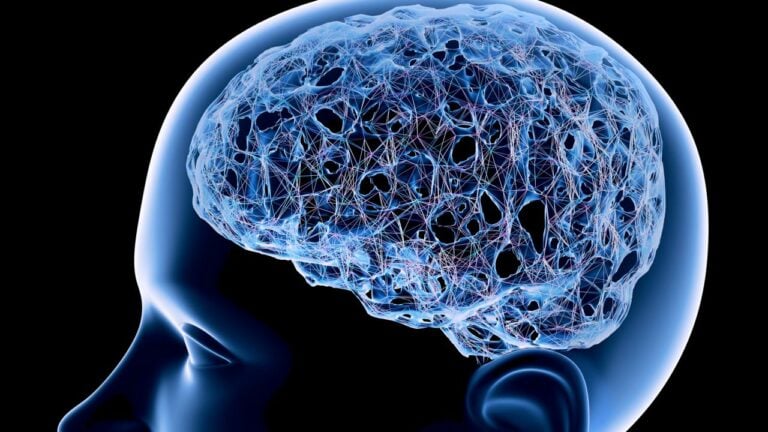
Do conscientiousness, extraversion and positive affect make your brain dementia-resistant?
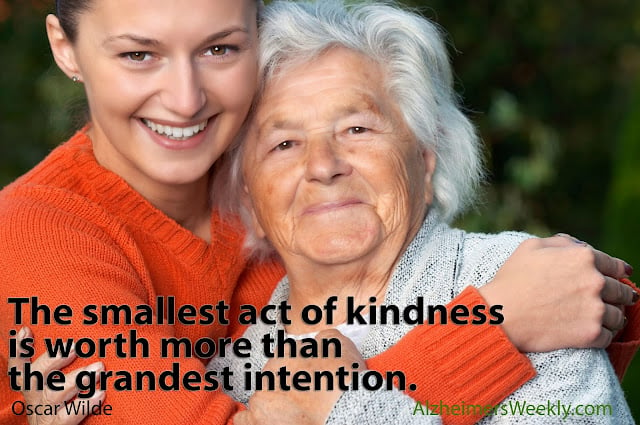
The smallest act of kindness is worth more than The grandest intention. Oscar Wilde
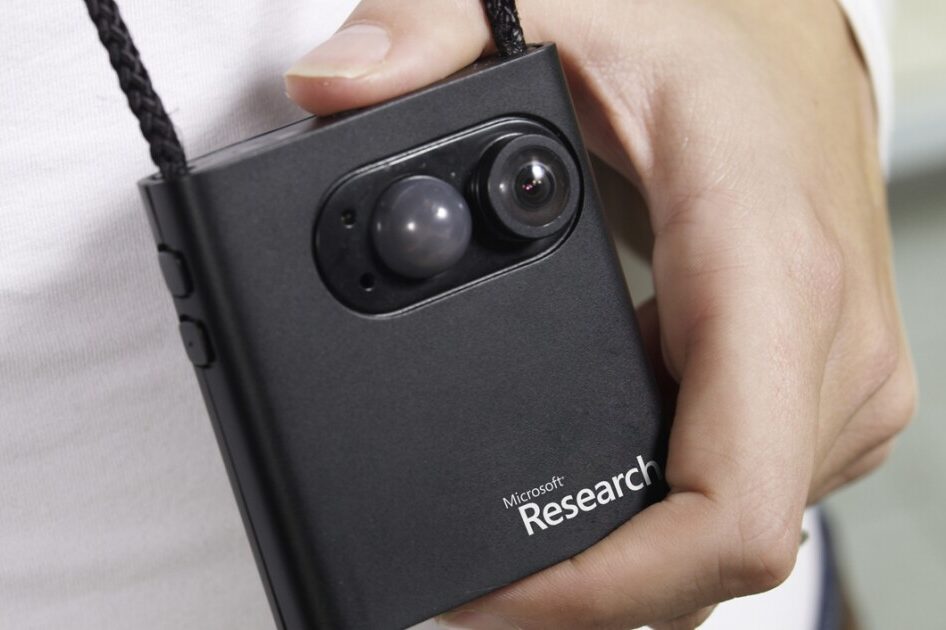
Microsoft Research’s SenseCam aids memory by recording a patient’s life in photos. Subsequent review of images by a patient diagnosed with severe memory impairment was extremely positive; periodic review of images resulted in significant recall of those events.
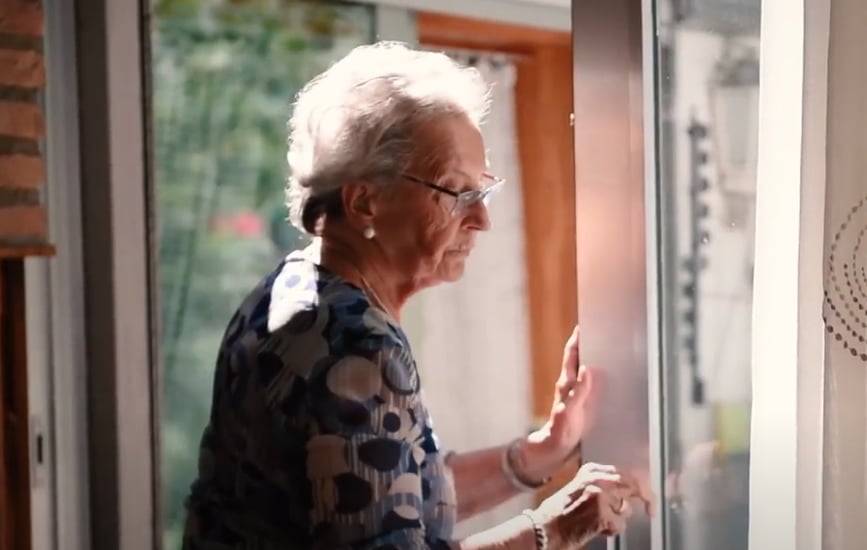
UPLIFTING AND IDEA-FILLED VIDEO: In picturesque Arnsberg, townsfolk are finding ways to make living with dementia as normal as possible.
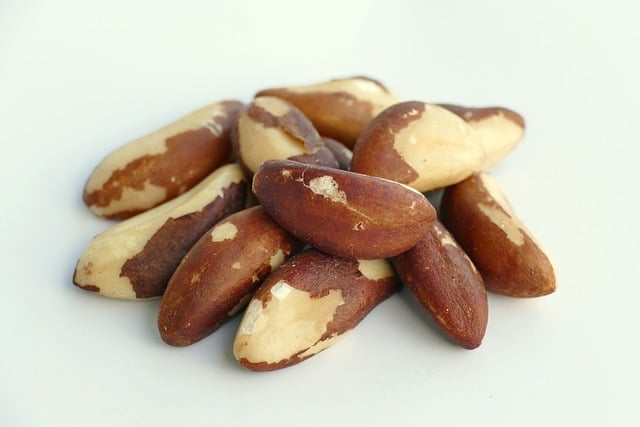
A natural mineral called “selenium” may improve learning and memory, and even possibly reverse memory loss in aging brains, according to a study in Australia.

SHORT-TERM MEMORY lapses are obvious signs of Alzheimer’s, but other tell-tale signals begin to show much earlier. Learn how to look for semantic impairments, such as simple questions about size.

Three important dementia studies focus on HS-AGING, a type of dementia almost as common as Alzheimer’s in the 85+ group. Yet few people have heard of it. Why? What makes it different?

An intriguing study of 120 grandmothers might surprise you. Doctors know socially engaged people have better cognition and less dementia. But can a person get too much of a good thing? What’s the right balance?

Enjoy this great duet between a musician with dementia and his son. A triumph of spirit over Alzheimer’s! Sing-a-long if you like!
No spam, only news and updates.


